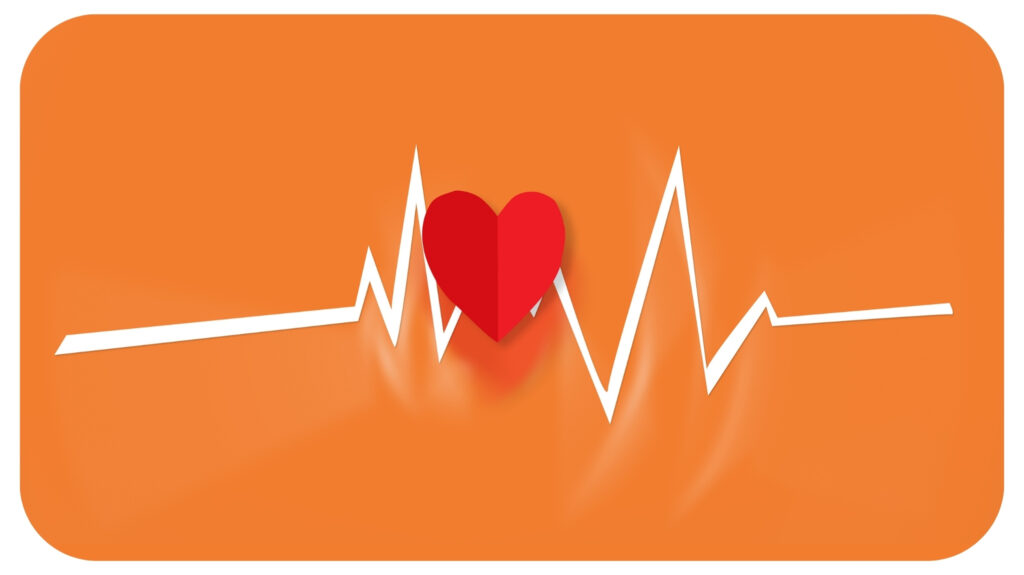Protecting Your Cardio Health: Risk Reduction Tips
Cardiovascular health is a critical aspect of overall well-being, and taking proactive steps to reduce risks can significantly impact heart health.

In this blog post, we delve into essential tips for protecting your cardiovascular health, empowering you to make informed choices and prioritize your heart’s well-being.
Understanding Cardiovascular Risks
Cardiovascular risks encompass a range of factors that can influence heart health and increase the likelihood of developing heart disease, stroke, or other cardiovascular conditions. Risk factors include high blood pressure, high cholesterol, obesity, smoking, physical inactivity, diabetes, and family history of heart disease.
Importance of Risk Reduction
Reducing cardiovascular risks is paramount for preventing heart-related complications, improving longevity, and enhancing quality of life. By addressing modifiable risk factors and adopting heart-healthy habits, individuals can proactively manage their cardiovascular health and lower the chances of developing heart diseases.
Tips for Protecting Cardio Health
Empower yourself to safeguard your heart health with these practical tips for reducing cardiovascular risks:
- Healthy Eating: Adopt a balanced diet rich in fruits, vegetables, whole grains, lean proteins, and healthy fats. Limit intake of saturated fats, trans fats, sodium, and added sugars to promote heart health and maintain a healthy weight.
- Regular Exercise: Engage in regular physical activity, including aerobic exercises, strength training, and flexibility exercises. Aim for at least 150 minutes of moderate-intensity exercise per week to strengthen your heart, improve circulation, and reduce cardiovascular risks.
- Manage Stress: Practice stress management techniques such as mindfulness, meditation, deep breathing, yoga, or hobbies to reduce stress levels and support heart health. Chronic stress can contribute to heart disease, so prioritizing relaxation is crucial.
- Quit Smoking: If you smoke, seek support to quit smoking and eliminate this major risk factor for heart disease. Smoking damages blood vessels, increases blood pressure, and raises the risk of heart attacks and strokes.
- Monitor Blood Pressure and Cholesterol: Regularly check your blood pressure and cholesterol levels to assess cardiovascular risk. High blood pressure and cholesterol can strain the heart and arteries, leading to cardiovascular problems if left uncontrolled.
- Maintain a Healthy Weight: Strive to achieve and maintain a healthy weight through a combination of nutritious eating and regular exercise. Excess weight puts strain on the heart and increases the risk of heart disease, diabetes, and other health issues.
- Get Quality Sleep: Prioritize adequate sleep to support heart health and overall well-being. Poor sleep patterns have been linked to increased cardiovascular risks, so aim for 7-9 hours of quality sleep each night.
- Stay Hydrated: Drink plenty of water throughout the day to support hydration, circulation, and overall cardiovascular health. Dehydration can strain the heart and affect blood pressure regulation.
Collaborate with Healthcare Providers
Consult healthcare professionals, including cardiologists, primary care physicians, and registered dietitians, for personalized guidance on managing cardiovascular risks. Regular screenings, diagnostic tests, and individualized treatment plans can help you address specific concerns and optimize heart health.
Exploring Ketamine Therapy for Cardiovascular Health
Ketamine therapy, often recognized for its rapid-acting antidepressant properties, is gaining attention in the psychotherapeutic community. While primarily associated with mental health treatment, emerging research suggests potential indirect benefits for cardiovascular health, particularly through its impact on stress, depression, and anxiety—conditions known to exacerbate heart disease.
In Draper, clinics offering ketamine therapy are exploring its holistic benefits, aiding individuals in managing mental health challenges that can indirectly influence heart health. Note, however, that direct clinical evidence linking ketamine therapy to improved cardiovascular outcomes is still under investigation, and such treatments should complement, not replace, conventional cardiovascular care.
Prioritizing cardiovascular health through risk reduction strategies is a proactive approach to maintaining a healthy and resilient heart. By incorporating heart-healthy habits, making informed lifestyle choices, and collaborating with healthcare providers, individuals can empower themselves to protect their cardiovascular health, reduce risks, and enjoy a heart-healthy life. Remember, your heart is your most valuable asset—nurture it with care and respect for a lifetime of well-being.
Recommended For You
How to Manage Withdrawal Symptoms of Buprenorphine
Most Inside
Most Inside offers high-quality recommendations and valuable updates to enhance all aspects of your life, providing premium guidance and enriching experiences.




